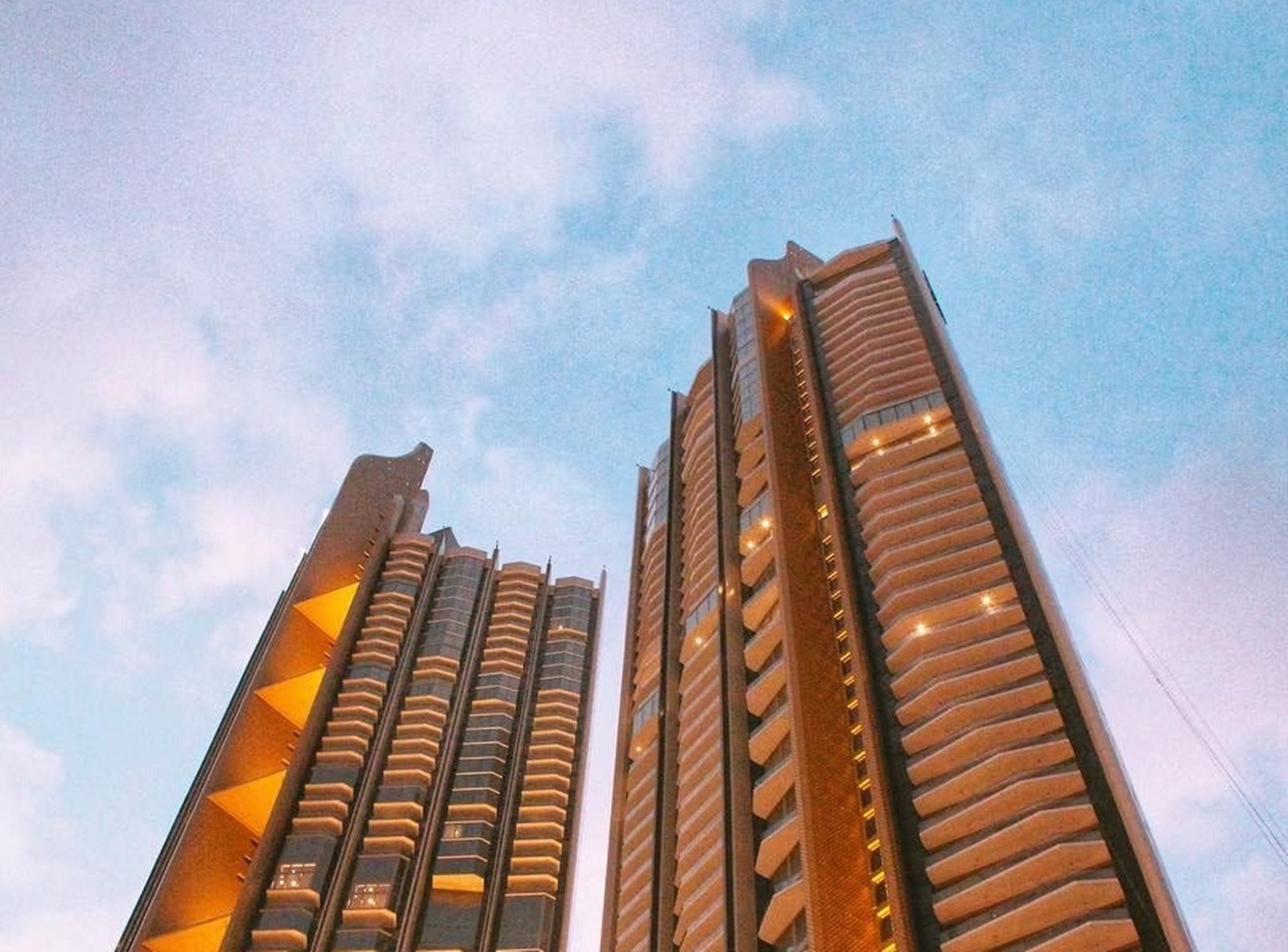Real estate taxation – common area charges
HLB Thailand Tax Team

Residential developments in resort areas come in various forms, but they mostly have one thing in common – common areas.
The framework governing the management and use of common areas will depend in some part on how the development is structured under the law. For example, Thailand’s Condominium Act contains provisions governing the framework for the use and management of common areas of condominiums. Housing estates developed in accordance with the Land Allocation Act will also have a statutory framework to follow.
Residential developments in Thailand’s resort areas that are marketed to foreign buyers may not be structured in accordance with such laws, due mainly to the restrictions on foreign ownership of land and condominium units. Under the law, a condominium is a building that is registered under the Condominium Act, which then allows the building to be divided up into units and owned by separate persons. In resort areas, a building that looks and feels like a condominium could in fact just be an apartment building with one owner, with foreign tenants taking possession under long-term leases. Common area services and charges may then be established by contract instead, often mirroring the statutory framework to some extent.
Where the management and use of common areas is governed by contract rather than statute, a number of tax issues will come into play, which may translate into higher common area charges for owners.
Income tax considerations
Owners paying common area charges under a contract will typically pay their common area charges to a corporate entity that is liable to corporate income tax on its profit, which can be as high as 30 percent. Such charges will be considered assessable income of the company for income tax purposes.
Twice a year the company will have to file a corporate tax return and pay tax in respect of its taxable profit. Although the common area charges are being collected to meet on-going expenditures, the way that revenues and expenses are recognised for tax purposes could result in the company recording a profit upon which it has to pay tax.
This is particularly evident when sinking fund charges are collected at the start for meeting large repairs or capital expenditures in the future. Sinking fund charges will typically be recorded as revenues for tax purposes when they become due from owners. At the same time, as these funds are being collected to meet future expenditures, there will likely be little or no direct expenses to offset the revenues in the year that they are subject to income tax.
In addition, some outgoings might not be allowed as an expense in the year of purchase but instead may be considered capital in nature and so will have to be capitalised and depreciated over their effective life.
In the case of a condominium however, the juristic person formed under the Condominium Act tasked with the responsibility of managing the condominium and receiving common area charges, is not an entity subject to income tax under the Revenue Code. Funds can therefore be collected from owners without having to consider any income tax implications.
VAT considerations
Another issue faced by providing common area services under contract is 7 percent VAT. Although the rental of immovable property is specifically exempt from VAT, service charges relating to the use of common areas will be subject to VAT. This means that 7 percent VAT must be added to the common area fees charged to owners.
The chance of making errors – and hence liability to tax penalties – normally increases once you enter the VAT system and are running VAT and non VAT businesses.
Small developments might be able to avail themselves of the small business exemption. Where the annual turnover from services chargeable to VAT does not exceed Bt1.8 million, the business does not have to register for VAT. This means the business could legally stay out of the VAT system and not add 7 percent VAT to any of the amounts charged to owners.
As you might have guessed, the treatment for a condominium is the exact opposite. The courts and a Board of Taxation Ruling have confirmed that the funds collected from owners to meet the costs of common area expenses and public utilities are not subject to VAT.
Where the use of common areas is provided under a service contract, such agreement may be a hire of work agreement as defined under Thailand’s Civil and Commercial Code and subject to stamp duty under the Revenue Code.
It is evident that by establishing the framework for the management and use of common areas through contract, a number of tax issues will also have to be managed. Understanding and planning for these tax issues can reduce additional costs that owners might face as a result.







